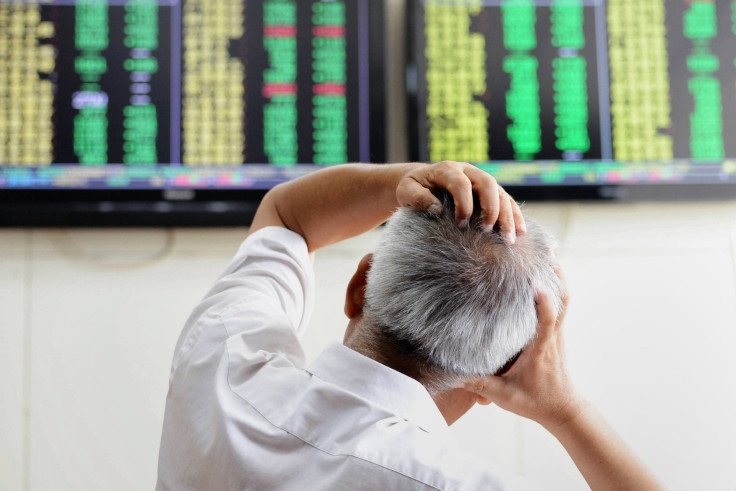China Slowdown: Workers Strike, Protest, Leave Chinese Cities Because Of Economic Crisis

China's recent stock market meltdown and its overarching economic slowdown could be affecting the country's labor force of 916 million people. As Chinese officials continued to insist this week that the economy was stable, several workers were protesting and leaving cities in search of more secure employment opportunities, the Guardian reported.
Unrest was growing in China, said Christopher Balding, an economics professor at Peking University. Cities have seen increased numbers of strikes -- as many as 1,000 this year alone -- and decreased numbers of migrants because of the recent rise in the cost of living. Experts have warned for years that China has been losing low-cost jobs to Vietnam and other nations.
Workers deserting Beijing were more blunt. "There’s no business," 36-year-old mother Liu Weiqin told the Guardian, adding that she planned to leave the city this week. Beijing's monthly minimum wage is 1,720 yuan ($269). "It’s the worst we’ve seen it. ... We can’t afford to live here anymore."
Beijing's population growth has already begun to slow down, partly as a result of the unpredictable economy, Yibada reported. In December, authorities announced about 21.5 million people were living in China's capital. That was an increase of only 1.7 percent from the year before, the smallest rise since 2011.
The slowdown has also led to layoffs and warehouse closings. Some managers have reduced production, while others have tried to force employees to resign. “The ones who left have either had to find jobs elsewhere, or have gone back home,” Shanghai business manager Lu Minying told International Business Times earlier this month.
Critics were already warning that workers' dissatisfaction could have political consequences. The Global Times acknowledged it in a Thursday editorial but remained defiant: "If the Chinese economy crumbles and people are on the edge of starvation, no regime can sustain its rule. But will periodic economic slowdowns and difficulties in adjustment hurt the legality of China's political system? That's a delusion."
© Copyright IBTimes 2024. All rights reserved.












